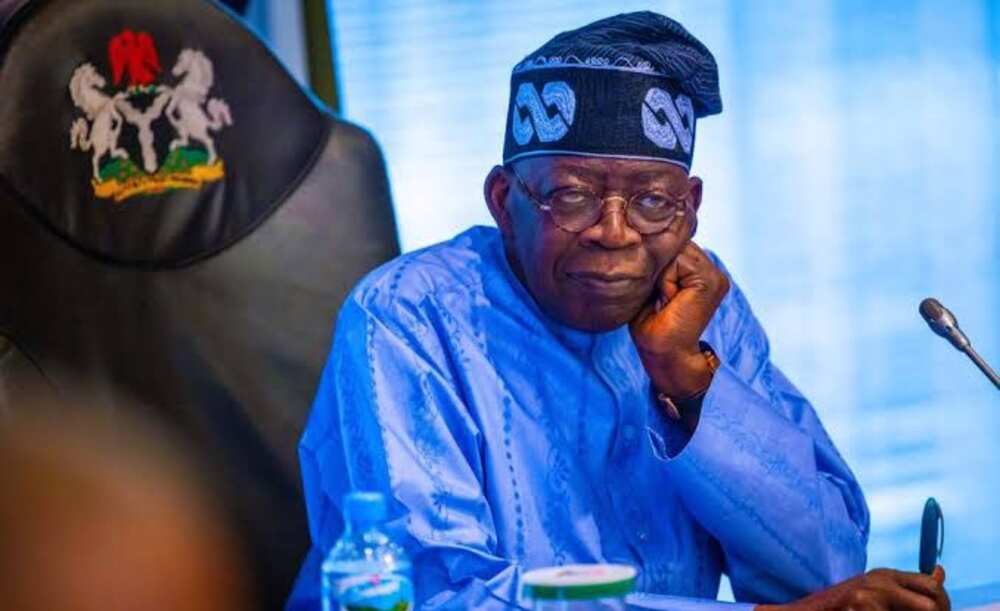
The International Monetary Fund (IMF) says Nigeria can repay its debt obligations to the Washington-based institution following recent reforms.
The IMF said this in the conclusion of its Executive Board’s Post Financing Assessment with Nigeria seen by THEWHISTLER.
“The Executive Board of the International Monetary Fund (IMF) concluded the Post Financing Assessment (PFA) and endorsed the Staff Appraisal on a lapse-of-time basis. Nigeria’s capacity to repay the Fund is adequate,” the board said.
The IMF arrived at the conclusion following some of the moves made by the Bola Tinubu- led government to rejig the country’s weak economy.
Nigeria’s debt stock as of September 2023, according to the Debt Management Office was $114.35bn or N87.9tn.
External debt was $41.59bn or N31.98tn while domestic debt stood at $72.76 and N55.93tn.
The government owes the IMF a total of $2.82bn as of September last year.
But there have been doubts that Nigeria may not be able to service its debt obligations.
However, the institution said Tinubu has moved ahead with important structural reforms like the removal of fuel subsidies and unifying the various official foreign exchange windows.
Tinubu also appointed a Presidential Fiscal Policy and Tax Reforms Committee, headed by Taiwo Oyedele with the mandate to make proposals for raising domestic revenue to support investments in infrastructure.
IMF explained, “To ease the impact of rapidly rising inflation on living conditions, the government has released cereals from the grain reserve, provided subsidized fertilizer to farmers, capped retail fuel and electricity prices—thus partially reversing the fuel subsidy removal—implemented a civil service wage award, and suspended the VAT on diesel.”
But IMF said Nigeria’s growth is held back by the dependence on hydrocarbon economy.
According to the lender, crude oil proceeds is barely keeping up with population dynamics.
IMF said Nigeria is facing security concerns which has persisted in the northern part of the country and adversely affecting agriculture and food security.
IMF said, “Latest estimates show 25 million (13 per cent of the population) as food insecure. The poverty rate was 37 per cent in 2022.
“Growth is projected at 2.9 per cent for 2023, and 3 per cent in 2024, as hydrocarbon performance revives, including from better control of theft.
“If the authorities succeed in developing and implementing a comprehensive reform agenda, the medium-term outlook would be much improved.”
The Executive Board Assessment asserts that on the fiscal side, the authorities are developing an ambitious domestic revenue mobilization agenda.
However, the institution admitted that low revenue collection hampers the provision of services and public investment.
“Low reserves and very limited fiscal space constrain the authorities’ option space.
“Against this backdrop, the authorities’ focus on restoring macroeconomic stability and creating conditions for sustained, high and inclusive growth is appropriate,” the assessment revealed.
Nigeria Has Capacity To Repay $2.82bn Debt Owed IMF- Report is first published on The Whistler Newspaper